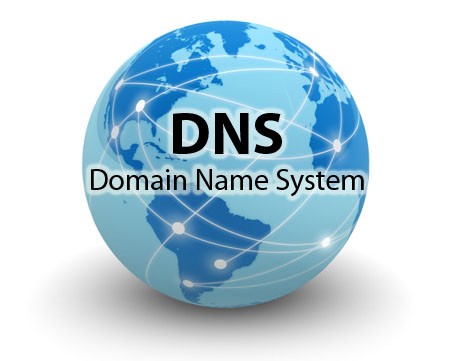
In this post, we will talk about a crucial part of the Internet, the Domain Name System, or DNS.
In today’s digital age, accessing websites is as simple as typing a name into a browser. But have you ever wondered what is the purpose of the Domain Name System and how it makes the web so easy to navigate? This article explores why DNS is essential to the functioning of the Internet and answers the question: why do we need the Domain Name System DNS?
What is the Domain Name System (DNS)?
The Domain Name System (DNS) is often described as the “phonebook of the Internet.” But instead of phone numbers, it maps domain names—like example.com—to IP addresses, which are unique sets of numbers that identify each computer or server on the Internet.
So, what is the purpose of the Domain Name System? Simply put, DNS translates human-friendly domain names into machine-readable IP addresses. Without DNS, you’d need to memorize a complex string of numbers (like 192.0.2.1) for every website you want to visit. That’s not only inconvenient—it’s nearly impossible for most users.
Why Do We Need the Domain Name System DNS?
The Internet is built on networks of computers that communicate using IP addresses. These addresses act like digital street addresses, directing traffic across a web of underground and undersea cables. While computers are great at understanding numbers, people are not. That’s why we need the Domain Name System DNS—to bridge the gap between human users and machine communication.
When you enter a web address into your browser, here’s what happens behind the scenes:
- Browser Cache Check: Your browser first checks if it has previously stored the domain’s IP address. If found, it quickly connects without further lookup.
- DNS Query: If not found locally, your computer queries DNS servers on the Internet.
- Server Lookup: These DNS servers work in a chain, passing along the request until one of them finds the correct IP address.
- Response & Caching: Once found, the IP address is sent back to your computer. Each server in the chain saves the information, so future lookups are faster.
- Connecting to Host Server: With the IP address in hand, your browser connects to the host server, retrieves the website files, and displays them to you.
This seamless process happens in milliseconds and is repeated billions of times daily worldwide.
The Importance of DNS in Everyday Life
So again, what is the purpose of the Domain Name System? It’s the reason you can shop online, stream music, or video call someone across the world without needing to know their server’s numeric IP address.
Imagine trying to access your favorite news site, video platform, or online store without domain names. You’d have to memorize dozens—if not hundreds—of complex IP addresses. DNS removes that burden, making the Internet user-friendly and scalable.
DNS and Web Hosting: A Crucial Connection
DNS also plays a critical role when selecting a web hosting provider. If you’re wondering what to look for in a web host, DNS support and speed should be top considerations. A reliable web host ensures your domain resolves quickly and efficiently, reducing load times and improving user experience.
Final Thoughts
To recap: What is the purpose of the Domain Name System? It allows users to connect to websites using easy-to-remember domain names instead of numeric IP addresses. Without DNS, the Internet would be far less accessible and incredibly difficult to navigate. That’s exactly why we need the Domain Name System DNS.
So next time you click a link or type a URL, remember that DNS is quietly doing the heavy lifting—connecting your request to the correct server and bringing the Internet to your fingertips.
Speaking of DNS, Purchase an Hosting Plan now and get a FREE Domain Name. Click here to register.
Feel free to ask your questions in the comment section below :).





